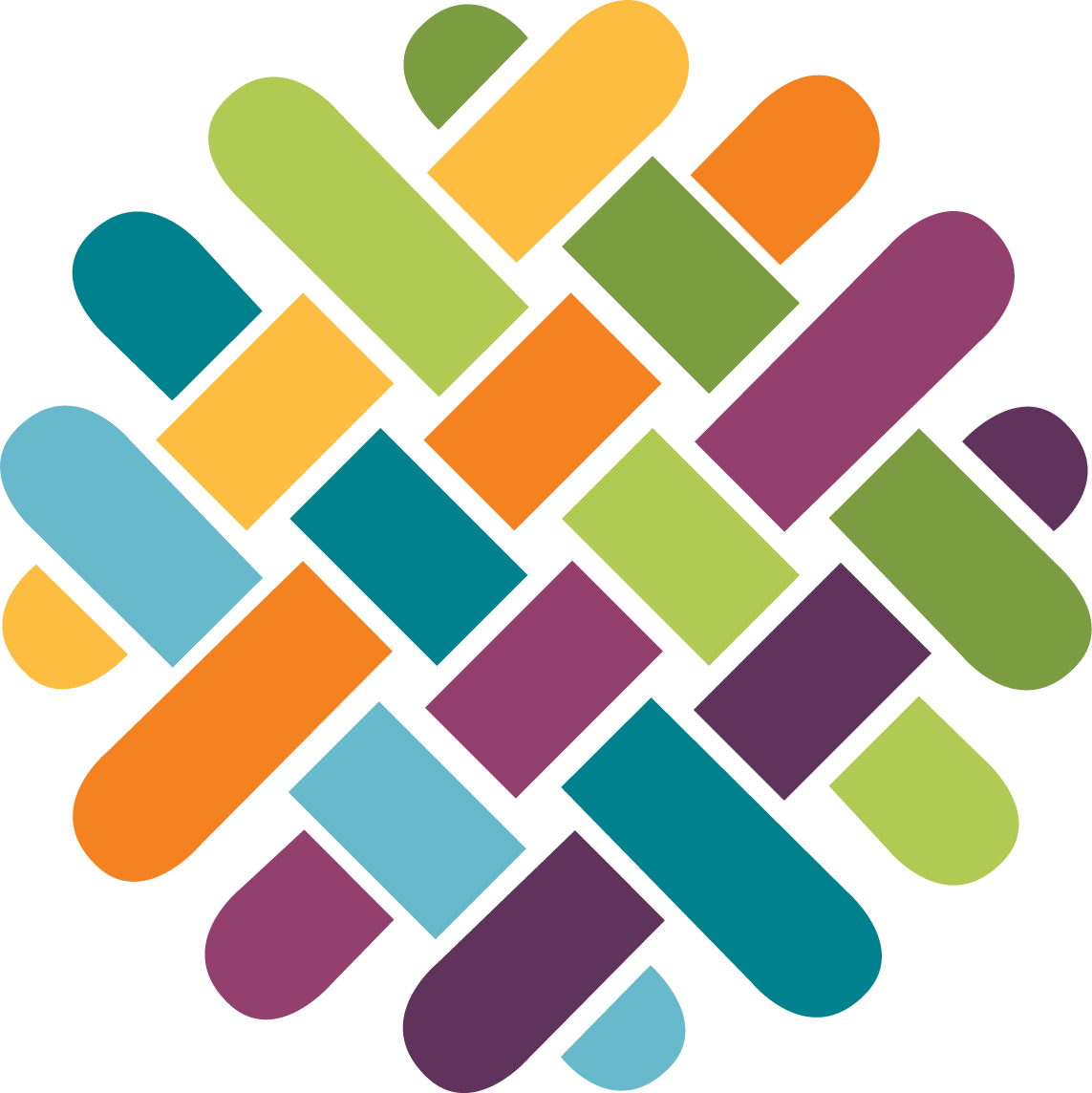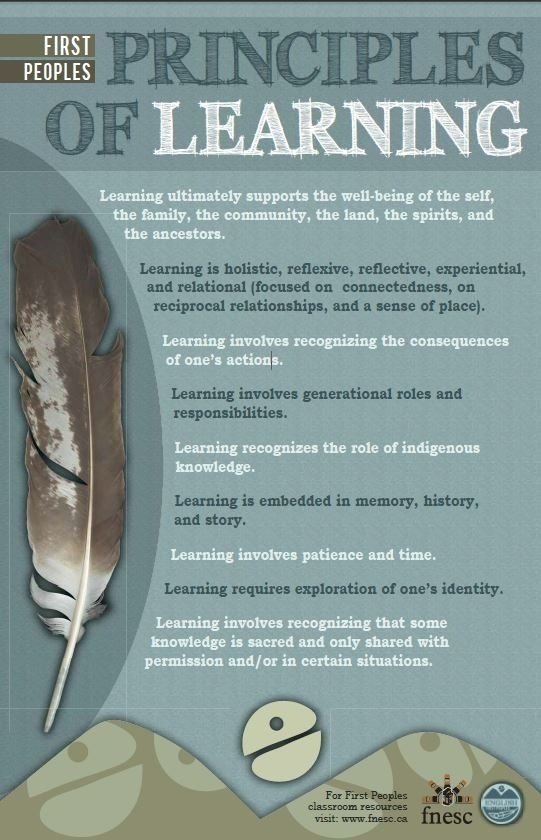First Peoples Principles of Learning
Principles That Guide Us
We use First Peoples Principles of Learning© Jo-Anne L. Chrona, 2014, as a framework to build inclusivity, a sense of belonging, and ethic of care for all students, staff, elders, families, and community. The First Peoples Principles of Learning were developed in British Columbia and align with WIHS’ multidisciplinary and holistic instructional framework.
We balance the First Peoples Principles of Learning with restorative practices in an intergenerational learning environment, to support all students in developing a positive understanding of self, interpersonal, and cultural awareness.
Principles
Learning ultimately supports the well-being of the self, the family, the community, the land, the spirits, and the ancestors.
Learning involves recognizing the consequences of one’s actions.
Learning involves generational roles and responsibilities.
Learning requires exploration of one’s identity.
Competencies
Personal awareness and responsibility
Develop skills, strategies and dispositions to maintain a healthy quality of life including: stay active, set goals, monitor progress, express emotions, respect one’s own rights and the rights of others, manage stress and persevere in difficult situations.
Social awareness and responsibility
The ability and disposition to cooperate and collaborate with others, display community- mindedness and stewardship, empathize with and appreciate the perspectives of others, and create and maintain healthy relationships with one’s family, community, society and environment.

